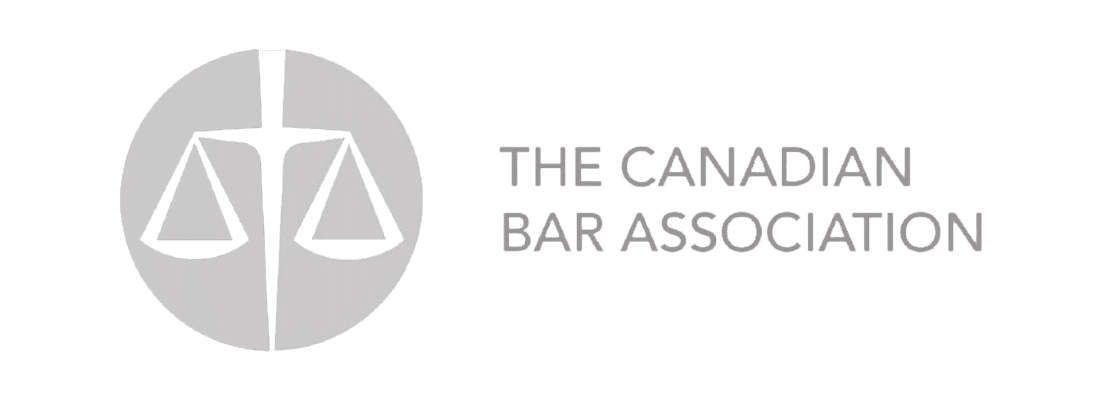Cell phones are great gadgets. Now, as well as being useful for talking (but not while driving!) and taking pictures, a cell phone can also be a useful tool at the scene of a car accident. It may even turn out to be decisive in the all-too-common situation where a court is faced with the “he said, she said” scenario of two warring parties offering contradictory stories of what happened.
Take this recent case before the B.C. Supreme Court. Jodi J. sued Ms. M for personal injuries stemming from a car accident. Right after the accident, Jodi got out of her car and asked Ms. M if she was OK. Ms. M said that she was sorry, she was lost, she wanted to make a U-turn and the accident was her fault. Rather than write the statement down, Jodi asked if she could record the conversation on her cell phone. Ms. M agreed and repeated what she had said.
At trial, as sometimes happens, Ms. M changed her story. Her lawyer asked the court to keep the recorded statement out of evidence, arguing it was “hearsay” and unreliable. The court held a mini-trial within the main trial to consider this.
Ms. M testified that she had hit her head on the windshield when the accident happened and that she didn’t understand the recording would be used in a lawsuit. She also testified that she didn’t know why she said she was lost, because she wasn’t in fact lost, but was looking for a place to park.
The court decided that the recorded statement was admissible as evidence in the main trial. The fact that Ms. M didn’t know the cell phone recording might be used in a lawsuit wasn’t a legitimate reason for excluding it. The question of how reliable that recording was (given, for example, that Ms. M had said she’d hit her head) could be explored on cross-examination in the trial. In the end, Ms. M was found at fault for the accident, and Jodi was awarded just over $25,000 as compensation.
If you’re involved in an accident, a cell phone may be very useful to take pictures of the accident scene and the damage to the cars involved, and to record the names and contact information of witnesses. Also, if possible, see if the other person will consent to making a verbal statement on your cell phone.
What else should you do if involved in an accident?
Sometimes shock can mask the pain and symptoms of any injuries (such as a whiplash). So if you’re not sure that you’ve been hurt, go to the hospital, your doctor or your local walk-in clinic for an exam. If you start feeling worse the next day (which often happens with soft tissue injuries), see your family doctor, report all your symptoms and follow their recommended advice.
Also make sure to report the accident to ICBC. An ICBC adjuster will be appointed to handle the case and take a written statement concerning your injuries. This is done for the benefit of ICBC, and your statement may be used against you later in court (even minor mistakes can be used to discredit you). You should therefore speak with a lawyer first before talking with the adjuster.
With luck you won’t be involved in a car accident. But if you are, your cell phone could be very handy.
Janice Mucalov, LL.B. for Gertsoyg &Company. This column provides information only and must not be relied on for legal advice. Please call Yan Gertsoyg at (604) 602-3066 if you have any questions or for legal advice concerning your particular case.





